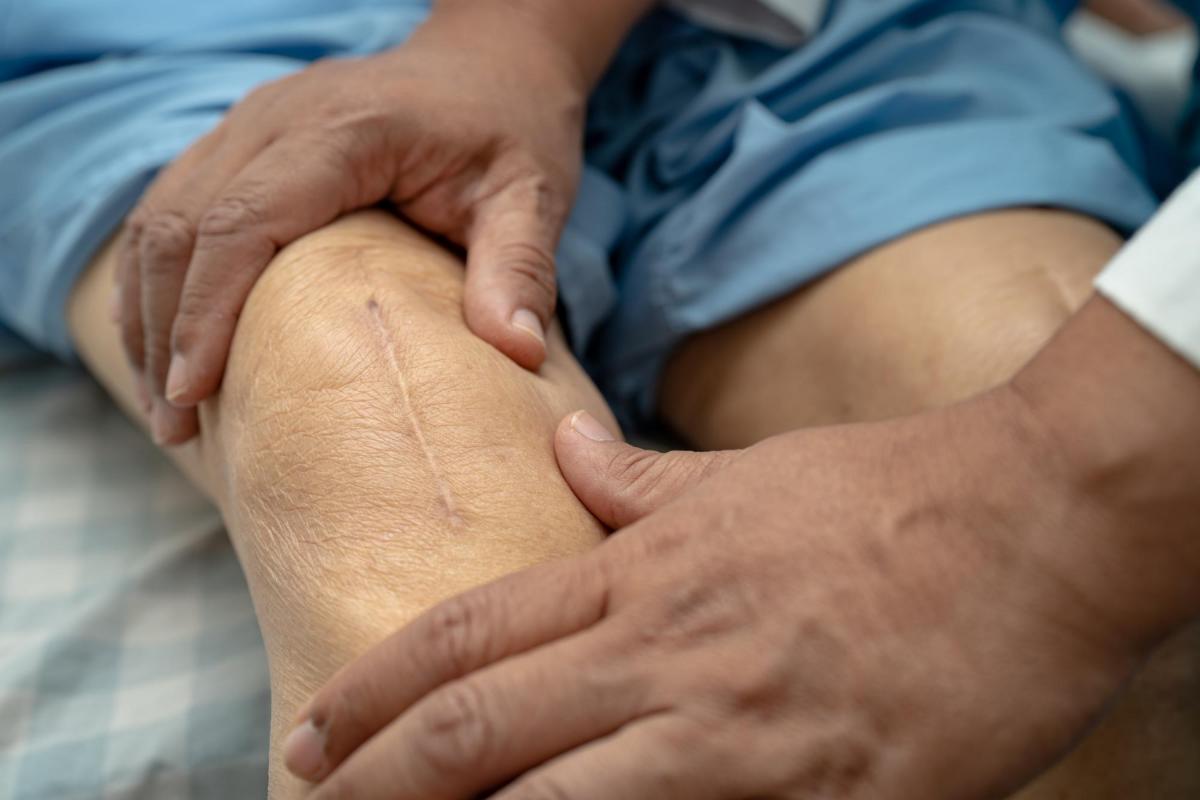
An ACL tear is often a painful and debilitating injury. The possibility of getting surgery to rebuild a torn ACL frequently provokes many queries and worries among patients. These questions vary from whether surgery is required and what kind of surgery should be conducted to anxieties about recuperation time. In this blog, our orthopedic surgeon in Altamonte Springs provides answers to all of these questions.
In what circumstances can ACL reconstruction surgery be avoided?
ACL tears don't recover well on their own. However, there are some circumstances where non-surgical therapy may be the most suitable treatment for a specific patient. For example, older or less active patients with significant arthritis might be better served with a rehabilitation program instead of surgery.
Who is a Prospect for ACL Reconstruction Surgery?
ACL reconstruction is the most suitable treatment alternative for active patients. This is especially true for athletes, particularly those who play sports that demand pivoting. In addition, ACL reconstruction surgery may be advised if you are still encountering knee instability after concluding a rehabilitation program or if you have damaged more than one knee ligament. For these kinds of patients, the probability of re-injuring the knee is higher, which is why accurate reconstruction and recovery are vital.
What Kinds of ACL Reconstruction Surgery are Possible, and which is the Best?
There are numerous different kinds of reconstructive surgery for an ACL tear. First, the surgery involves substituting the impaired tendon with a tendon taken from another site, a source called a tendon graft. This can be accomplished by utilizing a donor tendon from a tissue bank (allograft graft) or by utilizing parts of your tendon extracted from your patellar tendon (bone-patellar tendon-bone graft), hamstrings (hamstring graft), quadriceps muscle (quadriceps graft), or a mixture thereof.
Each kind of surgery has benefits and drawbacks. The most suitable option depends on the specifics of your injury, the kind of graft, modes of securing the graft, and rehab protocols. Your orthopedic surgeon will suggest the best alternative for you based on your personal needs and these diverse factors. Ultimately, a surgeon's vast experience with the preferred technique and a patient's dedication to the rehabilitation program are two of the most critical factors in a triumphant outcome.
How Long Does Recovery Take Following ACL Reconstruction Surgery?
While recuperation time differs from person to person, ACL reconstruction surgery generally means a rehab period of several months up to a year. After the procedure, you'll need to commit to a rehab plan to guarantee a reasonable recovery. Rehabilitation concentrates first on restoring range of motion and then strengthening. If you're an athlete, the last phase of your rehab will contain some sport-specific conditioning.
Learn More About ACL Reconstruction Surgery
ACL surgery seeks to repair your knee's stability and bring you back to the level of function you maintained before the injury. If left untreated, an ACL injury might lead to a severe loss of function and mobility and even deterioration and impairment of other knee structures.
If you've experienced an ACL tear, our skilled team of knee experts is here to help you on the road to recovery. Please schedule a consultation with our orthopedic surgeon in Altamonte Springs today to get more facts about ACL reconstruction surgery and answer your additional questions.